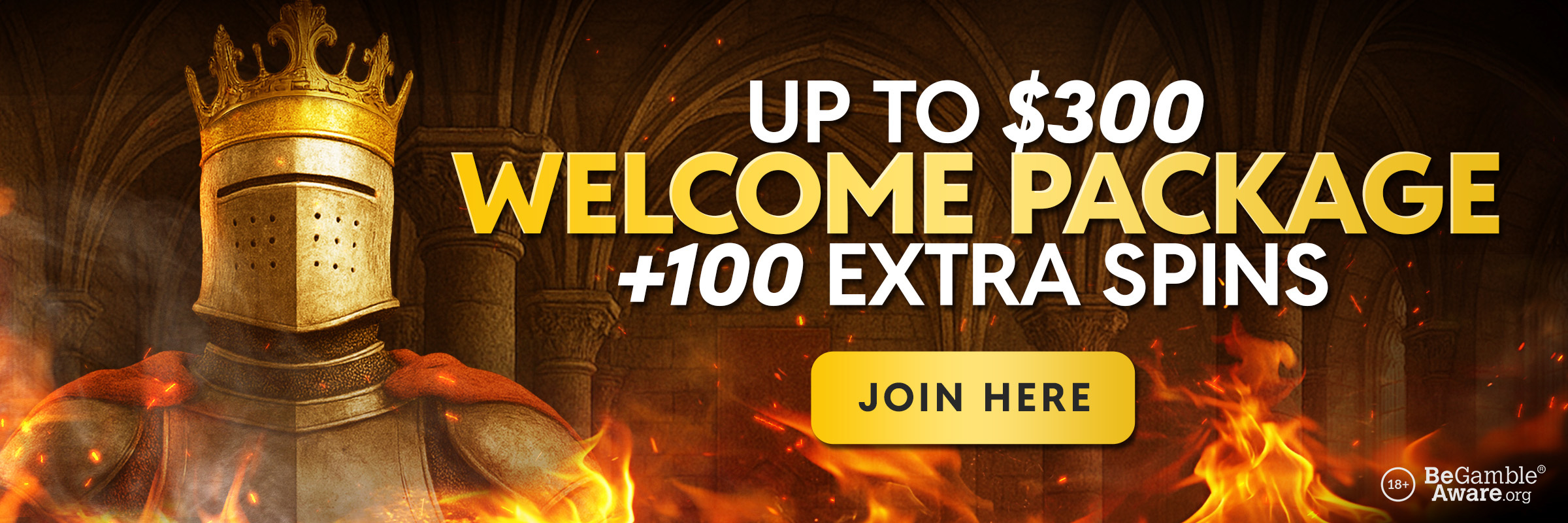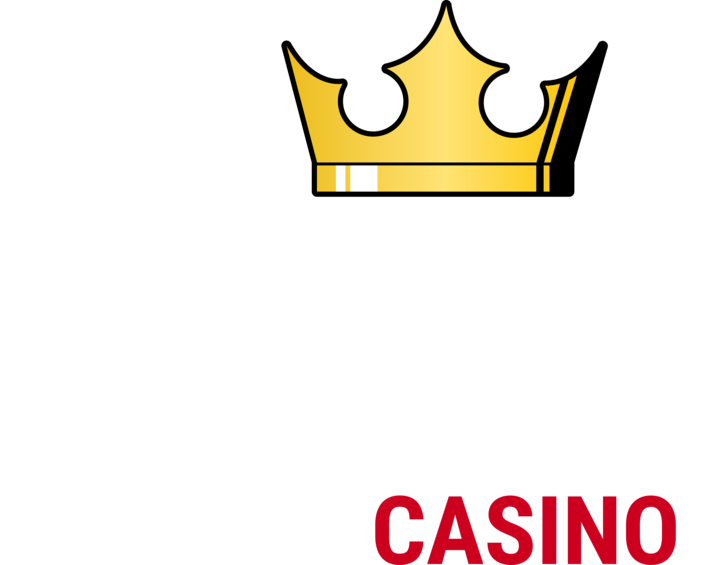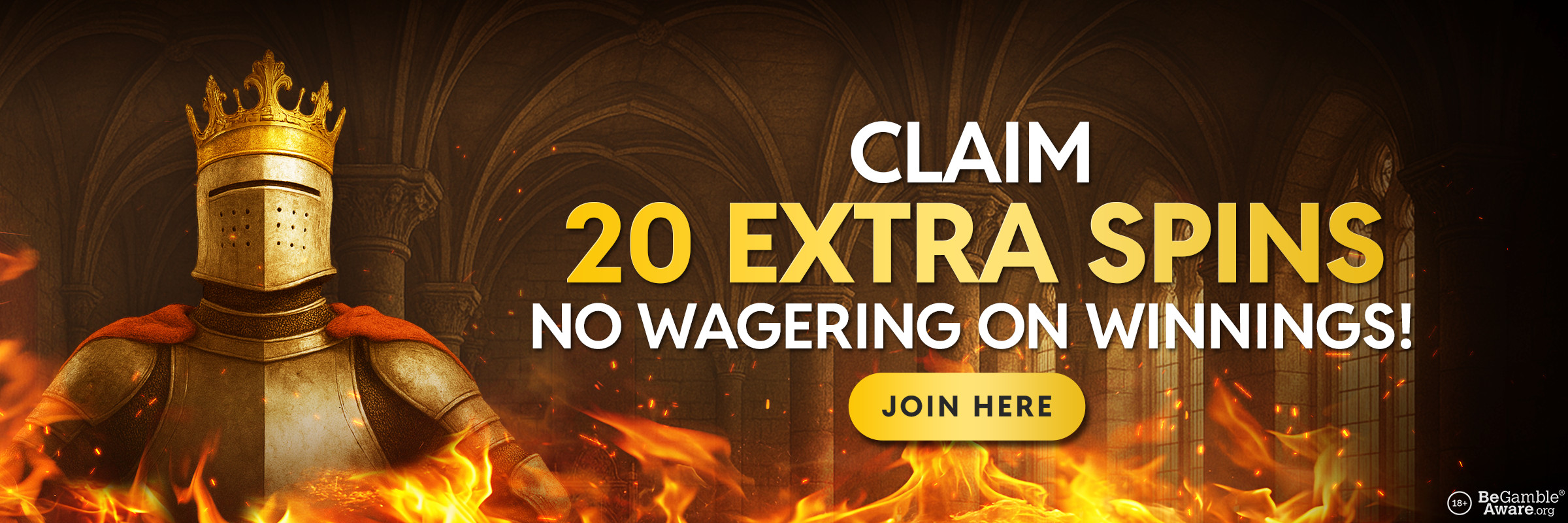
Blackjack Even Money Explained: Should You Take It or Not?
Many blackjack players hear the term “even money” at the table and aren’t quite sure what it means or whether accepting it makes sense. It only comes up in a specific situation and can influence how a round concludes.
This blog post outlines what even money is, when it appears, how the dealer’s hand shapes the offer, and how it compares with insurance. It also includes the key figures behind the decision.
Read on to find out more.
What Does Even Money Mean in Blackjack?
In blackjack, “even money” is a payout option offered to players who hold a blackjack hand—an Ace with a ten-value card—while the dealer’s face-up card is an Ace.
If you’re playing, at that moment, the dealer may ask whether you want “even money.” If you agree, you are paid £1 for every £1 wagered, before the dealer checks their facedown card. This replaces the typical 3:2 payout with a 1:1 return.
By taking even money, the hand is paid straight away regardless of the dealer’s cards. If declined, the hand continues: if the dealer also has blackjack, the result is a push and the stake is returned; if the dealer does not, your blackjack typically pays 3:2, so a £10 wager returns £15.
It’s a clear trade-off between two outcomes. The next section shows how the dealer’s hand factors in.
How Does the Dealer’s Blackjack Affect Even Money?
The offer only applies when a player has blackjack and the dealer shows an Ace. There is a reasonable chance the dealer’s facedown card is a ten, which would also give them blackjack.
If a player takes even money, the round ends immediately and typically pays 1:1. If they decline, the dealer checks their second card. There are two possible outcomes:
- If the dealer has blackjack, the hand is a push and the player keeps their stake.
- If the dealer does not, their blackjack is typically paid at 3:2.
This means a player either accepts a lower fixed return right away or waits and receives the higher payout in most cases, with the exception of a dealer’s blackjack, which results in no gain.
Should You Take Even Money in Blackjack?
The Mathematical Edge Behind Even Money
Even money typically offers a 1:1 payout immediately if you have blackjack against a dealer’s Ace. Declining the offer means continuing with the hand for a chance at the standard 3:2 return, depending on the dealer’s hidden card.
Statistically, declining even money results in a higher overall return over time. In a typical multi-deck game, the chance that the dealer’s facedown card is worth ten is around 4 in 13, or roughly 31 percent. This means that most of the time, the dealer does not have blackjack, and your typical 3:2 payout is applied.
On average, this results in a better return than taking the usual 1:1 payout every time the offer comes up.
Even money is mathematically the same as placing an insurance bet on your blackjack. Insurance only benefits the player if the chance of dealer blackjack is greater than one in three, which is not usually the case in standard games. For this reason, players who use basic strategy or favour statistical outcomes typically decline even money.
That said, some players choose to accept the payout straight away. The choice depends on the outcome you prefer in that moment, bearing in mind that blackjack is a game of chance, and no option guarantees a specific result.
Is Even Money the Same as Insurance?
Even money and insurance are closely linked, and if you have blackjack, they work out to the same result.
Insurance is a side wager offered when the dealer’s face-up card is an Ace. You may place a separate bet worth half your original stake, which typically pays 2:1 if the dealer has blackjack. Even money is offered only if you already hold blackjack—instead of placing a side bet, you are typically paid 1:1 on your main hand straight away.
Here’s how the two options compare in this situation:
- If you take insurance with blackjack and the dealer also has blackjack, the main hand pushes and the insurance wins 2:1, resulting in a gain of one original bet.
- If the dealer does not have blackjack, the insurance loses, but your blackjack typically pays 3:2—again, a net gain of one original bet.
If you choose to play blackjack, it’s important to keep responsible gambling practices in mind and to never wager more than you are willing to lose. Set clear limits for time and spending before you begin, and stick to them throughout your session. Gambling should be viewed as a form of entertainment, not a way to make money. If it ever stops being enjoyable or starts to feel like something you’re doing for reasons other than leisure, it may be time to take a break.
Help and support are available if you need them—organisations such as BeGambleAware and GamCare offer free, confidential advice. Most licensed gambling operators, such as King Casino, also provide tools such as deposit limits, time-outs, and self-exclusion options, which you can use at any time.
Play Blackjack Online at King Casino
If you’re thinking about playing blackjack online, you’ll find a range of classic and modern tables here at King Casino. We provide clear game information, including rules, payout structures, and side bet options, so you can explore what best suits your preferences.
As a UK Gambling Commission (UKGC) licensed site, we follow strict standards around fairness, player support, and data protection. You can also use account tools to set limits that help you manage your time and spending in a way that works for you.
If you’d like to see what we offer at King Casino, you’re welcome to create an account, deposit some funds to play with, and explore the blackjack games available on our site.
**The information provided in this blog is intended for educational purposes and should not be construed as betting advice or a guarantee of success. Always gamble responsibly.


